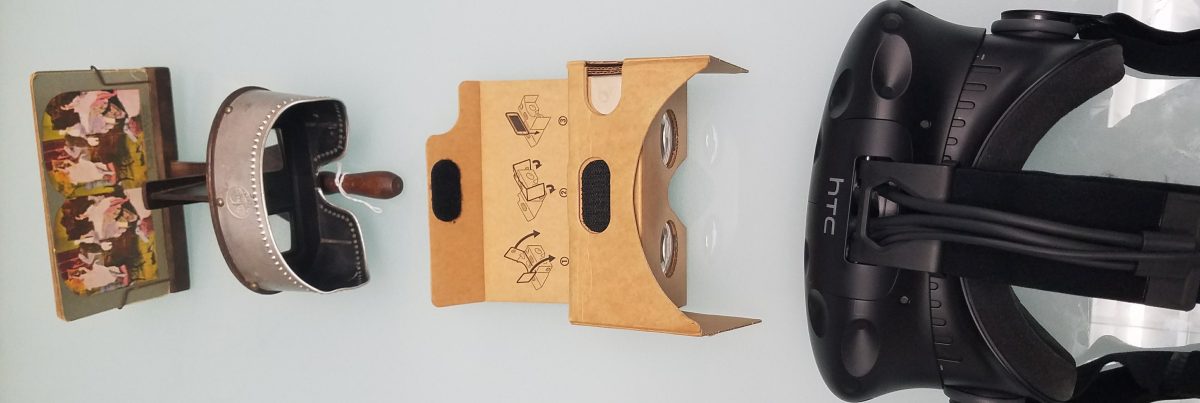In volume 2, chapter 7 of Frankenstein, Felix hits the creature with a stick and shuns him away from the cottage because of his monstrous appearance. In chapter 7, the creature is talking to himself and screaming at the sky about his existence. Also, he’s mad at the family for treating him like a creature he is. “Cursed, cursed creator! Why did I live? Why in that instant, did I not extinguish the spark of existence which you had so wantonly bestowed? I know not; despair had not yet taken possession of me; my feelings were those of rage and revenge.”(Shelly 103) After throwing a tantrum all night, the sunshine calms his vengeance. The creature visits the cottage again and visit, the father De Lacey again, to bring him to his side of his predicament. “But I did not believe my errors to be irretrievable; and, after much consideration, I resolved to return to the cottage, seek the old man, and by my representations win him to my party.” (Shelly 104) This shows the last of his humanity because the night before he wanted to kill that family that hurt him. But, in the morning he believes in the humans’ niceness so he gives the family another chance. But, was he too trusting in the humans and their humanity because De Lacey and his family moved out of the cottage. “‘It is utterly useless,’ replied Felix, ‘we can never again inhabit your cottage. The life of my father is in the greatest danger, owing to the dreadful circumstance that I have related. My wife and my sister will never recover their horror. I entreat you not to reason with me any more. Take possession of your tenement, and let me fly from this place.’” (Shelly 105) After seeing the exchange between Felix and the landlord that sends the creature into a fit of rage over the preconception they have of the creature’s desires. A few more bad things happen on his quest to Geneva which put more distrust in humans and fueled his hatred for Victor and humans.
Citation:
Shelley, Mary. Frankenstein. New York, Pearson Longman, 2007.
Discussion Question #1: Do you think the discovery of Victor’s diary entry in the jacket really matters to the creature?
Discussion Question #2: Do you believe one bad day can turn someone into a murderer?
